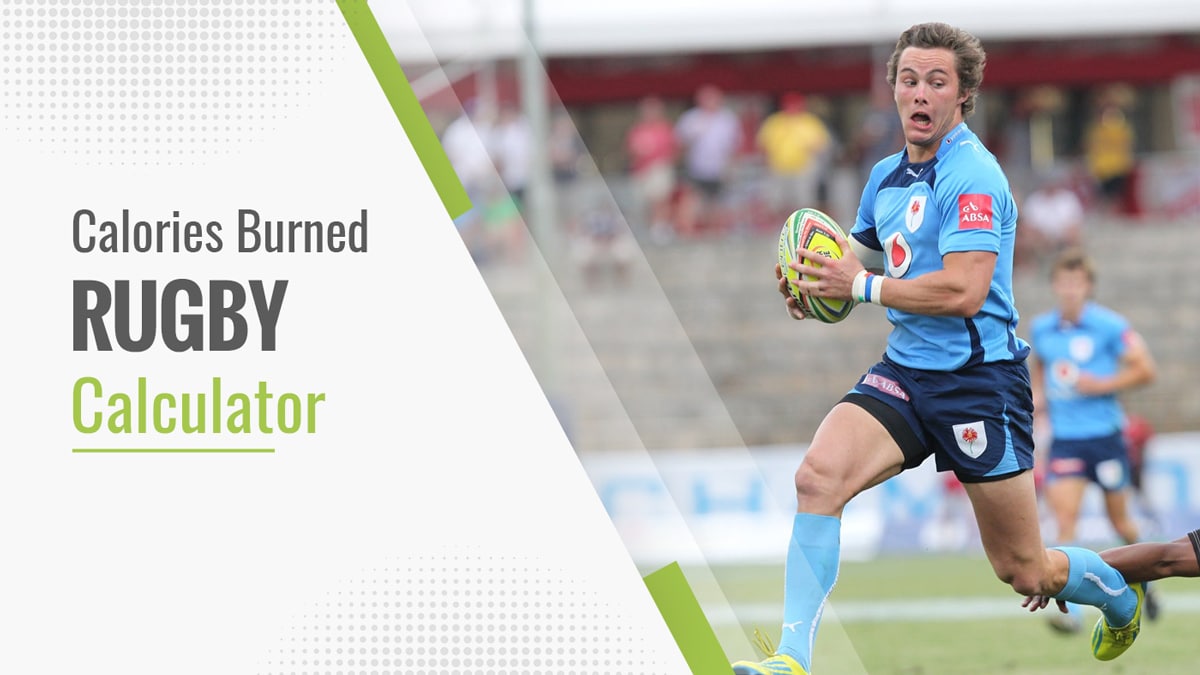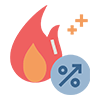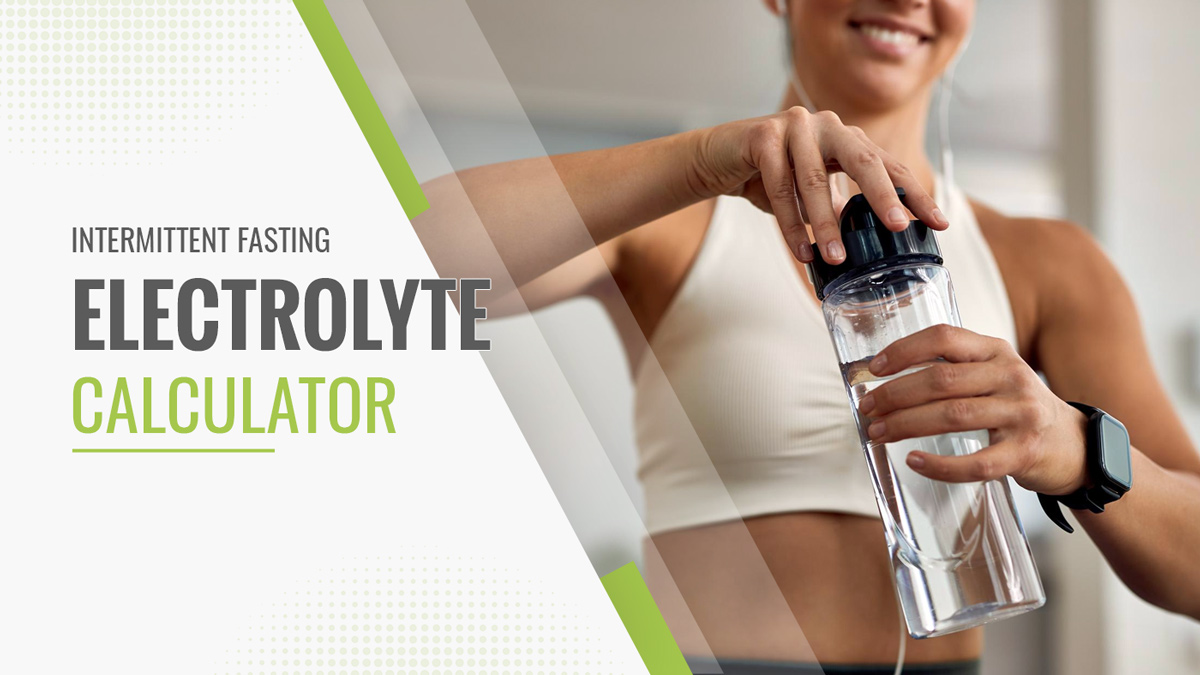How many calories do you burn playing Rugby?
Playing rugby regularly means packing on enough muscle to tackle an equally large opponent. So not only will you be building strength and endurance, you need the power and pace to get past your opponents when you have the ball. Games usually last about 80 minutes, so players typically spend a lot of time in the gym.
How many calories you can burn while playing rugby is dependent on several things, such as your height, weight, body composition, and whether or not you are playing touch rugby or a competitive contact game.
However, a person can burn between 400-800 calories per hour playing rugby, depending on which version of the game you are playing. This calculator will give you a realistic idea of how many calories you can burn by adding just a few details.
How to Use The Calculator
Using a calorie counter has never been easier, and once you get used to it, you will find yourself using it all the time. To calculate how many calories have been burned from playing rugby, just input your weight and the time that you’ve spent or plan to be playing for. Then select the specific activity that you plan to perform and then hit “CALCULATE.” It’s that easy!
Using the calculator step-by-step:
- Choose your unit of measurement (pounds or kilograms)
- Enter your weight and select the amount of time that you are playing rugby for
- Look for the specific type of rugby activity that you’re doing and the intensity of the activity. Some of the options you will have are touch rugby and a competitive contact game. Select the corresponding intensity that you’re performing the exercise
- Hit “CALCULATE”
How the Calculator Works
Our rugby calculator uses MET (metabolic equivalent of task) values to determine the number of calories that playing rugby and its corresponding intensity will burn. This value is defined as set by a convention of 3.5 mL of oxygen per kilogram each minute while doing the specific activity [1]. It also considers your body mass while performing the exercise, which will have an effect on the number of calories you burn.
MET
Using MET to determine your body’s energy expenditure is what our calculator is primarily used for. A MET value is the number that determines the energy it takes to perform various activities, such as playing rugby. This ratio shows the relationship between your active metabolic rate and the resting metabolic rate.
The active metabolic rate (AMR) determines the calories that you continue to burn throughout the day, while the resting metabolic rate (RMR) measures the number of calories that you are burning when your body is at rest and not actively digesting.
Activities with a MET value of 1 burn as many calories as your RMR, while those with a MET of 4 will burn 4 times as many calories as your RMR. This means that you expend 4 times as much energy as the activity with only 1 MET.
Formula
Our rugby calculator’s formula to determine the number of calories burned per minute is (MET x bodyweight in Kg x 3.5) ÷ 200.
Examples
An individual weighing 180 pounds will burn approximately 540 calories from playing touch, non-competitive rugby for one hour. Non-competitive rugby has a MET of 6.3, which means that it burns 3.5 times as many calories as your RMR.
This is what the formula for calculating the calories burned while playing touch, non-competitive rugby will look like:
- Calories burned (per minute) = (body weight in kg x MET x 3.5) ÷ 200
- Calories burned (per minute) = (81.65 x 3 x 3.5) ÷ 200
- Calories burned (per minute) = 9 calories x 60
- Calories burned (per hour) = 540 calories per hour
Another example is performing team competitive rugby. Team competitive rugby at maximum effort has a MET of 8.3, which burns about 8 times as many calories as the RMR. Below is the example of the calorie calculator for a 250-pound person:
- Calories burned (per minute) = (body weight in kg x MET x 3.5) ÷ 200
- Calories burned (per minute) = (113 x 3 x 3.5 ) ÷ 200
- Calories burned (per minute) = 16 calories x 60
- Calories burned (per hour) = 960 calories per hour
What is Rugby?
As of 2014, rugby was one of the most popular sports with six million registered players. Rugby can be played on any surface, but it’s most popularly played on grass or turf fields.
Rugby is considered to be a sport with an extremely high level of physical activity. It’s a sport that makes the players both physically and mentally strong. Many people play it as an activity with family or friends or play it competitively for exercise.
There are many different health benefits to playing rugby besides getting physically and mentally strong.
Cardiovascular Fitness
The cardiovascular system transports oxygen, blood, and nutrients throughout your body and rugby can improve these processes. How does it do it? It will improve your level of fitness and help you to maintain a healthy weight.
Rugby is extreme when it comes to physical effort with sprinting, tackling and running against opponents. When you are building endurance, you are also building a strong heart.
Improved Mental Health
Most people don’t think about mental health when it comes to playing a sport or exercising. However, these types of team sports are a great way to combat depression and anxiety. Not only do you feel like you belong as a team player, but it can help you to eliminate depression and sadness.
A sense of companionship allows for people to form a positive state of mind but to also build a solid support system.
Improved Bone Health
Not only are you getting some amazing tone to your muscles while playing rugby, but it can work wonders for your bone health. When you move during the game, it can put stress on your bones. When you work that stress on your bones above normal levels, it will stimulate the deposition of calcium all along those stress points [3].
That’s good news because it will increase your bone density. This will protect you from developing osteoporosis later in life.
Increase Your Speed and Agility
The pace and especially flexibility are essential with rugby. When you are playing a game of rugby, you will have to dodge your opponents while varying speed and attempting to score. The abrupt twisting of these activities will make you more flexible. Rugby over time can help sharpen your reflexes and make you more agile.
Minimize the Stress in Your Life
If you are stressed out all the time, that can negatively affect your health and even make you sick. Exercise, in general, is a great way to combat stress. When you play rugby, your body will start to release endorphins (those are the ones that make you feel so good) in order to lift your mood. Imagine how much of a mood booster it is when you make that first score!
Equipment
Rugby is no different from any other sport, and it requires some equipment. Traditionally, rugby players have a jersey, shorts, long rugby socks and boots with studs. Aside from that, the only thing that you would require is a rugby ball.
Some people also like to use padding on the shoulders, head, and collarbone, but it’s never very thick.
The Bottom Line
Rugby is a highly competitive sport with a world of benefits. It can be physically demanding, but it pays in back tenfold in results as far as physical and mental wellbeing.
It is possible to burn calories with both touch rugby as well as competitive, extreme rugby. You are improving your bone health and cardiovascular health while building strength and endurance. By determining how many calories you can burn ahead of time will allow you to have a game plan before you get started.
Using MET to figure out the number of calories you can burn through playing rugby will give you a realistic number of what you can expect to burn. With the research supporting the benefits that playing rugby can provide, getting involved in a team can be a great way to reach your health and fitness goals.
References:
- Jetté, M., Sidney, K., & Blümchen, G. (1990). Metabolic equivalents (METS) in exercise testing, exercise prescription, and evaluation of functional capacity. Clinical cardiology, 13(8), 555–565. https://doi.org/10.1002/clc.4960130809
- Arizona State University Healthy Lifestyles Research Center – Compendium of Physical Activities – Sports – Provides MET values for sporting activities, including rugby
- Rugby Can Play Key Health Role, University of Edinburgh, News, 2020.
Tip: If you're signed in to Google, tap Follow.



















